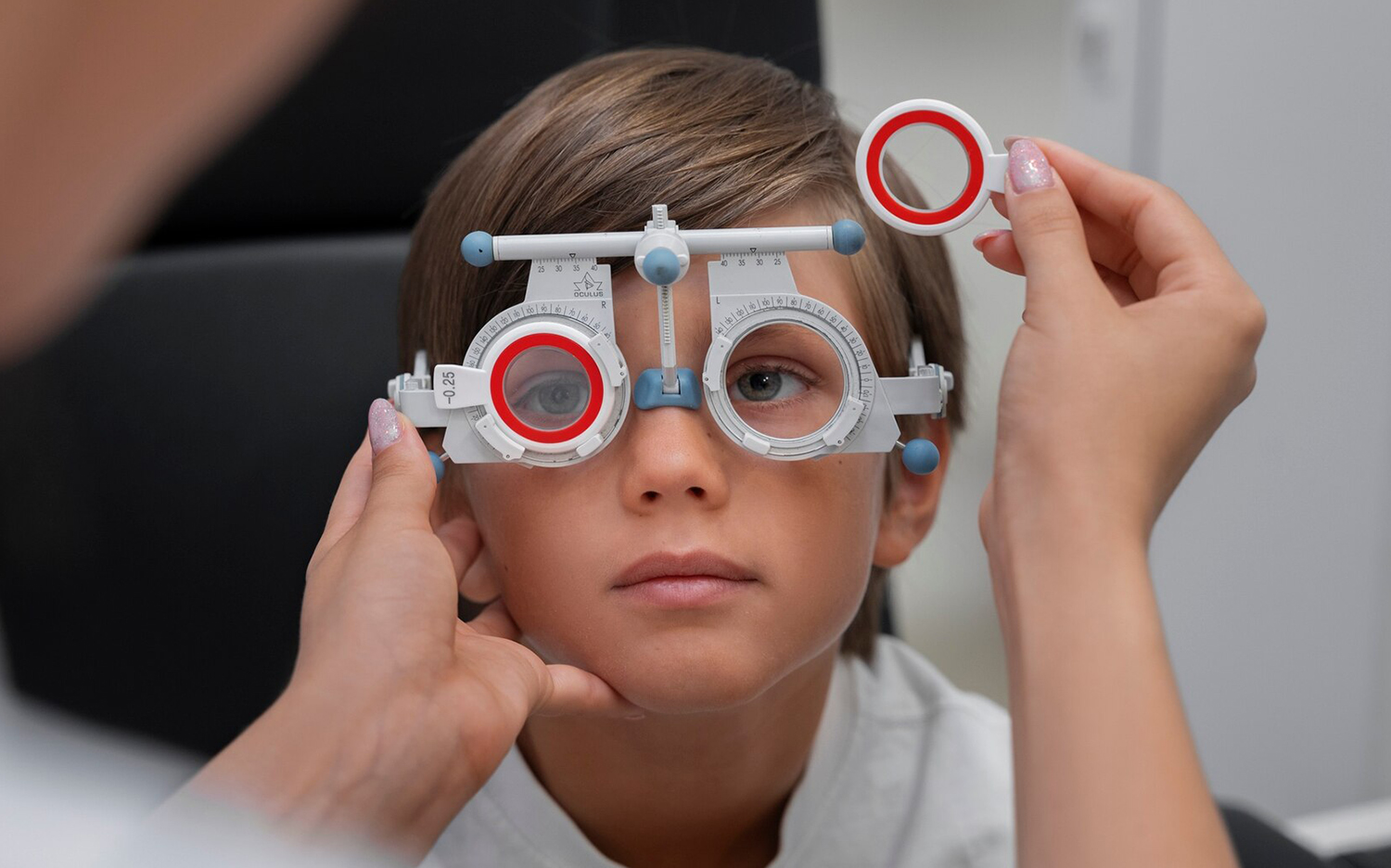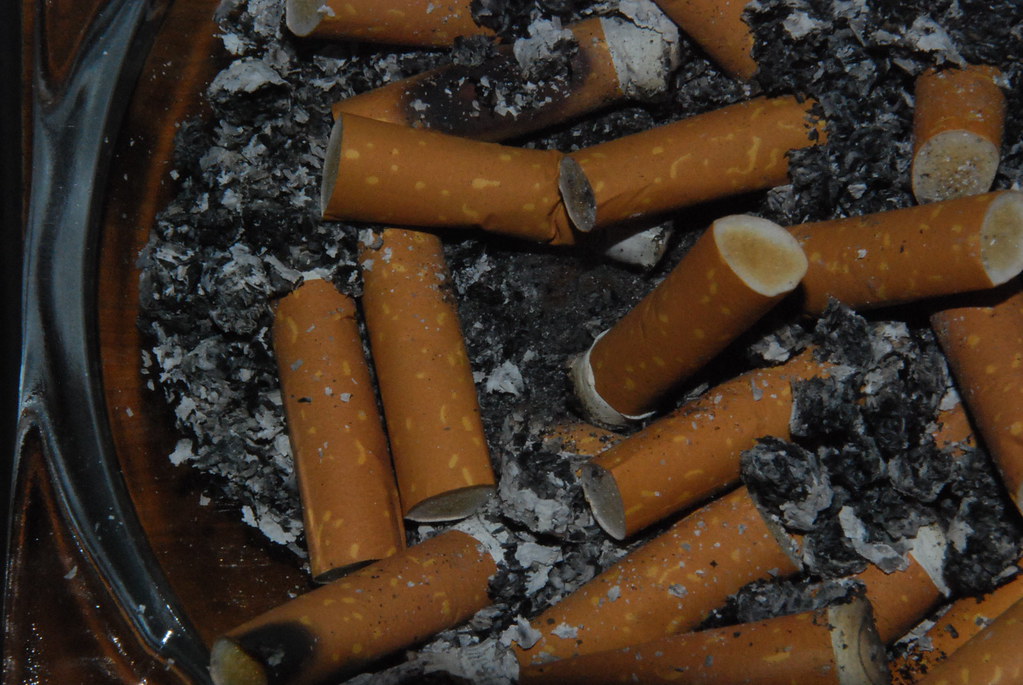The neonatal heel test will henceforth look for 14 diseases in the CAPV, far from the 50 diseases that can be detected
- Public health studies various diseases by puncturing the heel of the newborn. Osakidetza has just increased to 14 the number of diseases studied, but the CAPV is located in rear positions in comparison to other territories: in Navarra 28 diseases are studied, in Galicia 33, in Italy 48… Through this test the disease is analyzed or not and, therefore, it is detected in time or not, the difference in the quality of life of this person can be important.

With a few drops of blood on the heel of the newborn, neonatal screening detects rare diseases, many related to metabolism, and Osakidetza has added to the list of diseases studied a first-type tyrosinemia by decision of the advisory council for neonatal screening of congenital diseases.
In which country and in which community you were born, the type of diseases being raised and the number of diseases being raised are different. The Government of Spain has set a minimum amount, but thereafter each community decides the list. In Navarra they observe 28 problems and in the CAPV 14, but in Andalusia 34. In the Northern Basque Country, they are based on the number of sieves established by the French Government: only 13.
Instead of taking into account a minimum number of diseases, it should be based on analyzing as much as possible that the test allows, according to the president of the Association of Metabolic Disorders of the Basque Country, Sergio Villanueva. Associations of metabolic disorders set an example to Italy: they have legally established the obligation to screen 48 problems through this neonatal test.
These are rare diseases, rare in absolute and percentage terms, “but their detection is very simple and if they occur as soon as they are born it is a great benefit in the long term,” said Villanueva. She gave us the example of her daughter, who has phenylketonuria (one of the disorders considered in the heel test) and who has a normal life taking great care of her diet, “but when they did not detect this disorder in the heel test, those who were not treated had great disabilities, deep mental retardation and a shorter life expectancy.”
These are rare and rare diseases in absolute and percentage terms, "but their detection is very simple and if they occur as soon as they are born it is a long-term benefit"
Intention to add to the list of acidemia and case of the girl who entered seriously
Another news from the Government is that the advisory council has approved the progressive incorporation of six endocrine-metabolic diseases into the heel test, including acidemia. In ARGIA, Villanueva reported a significant case related to this metabolic problem: a couple of years ago, a girl from Bilbao had to be transferred for the third time to the emergency room, with a hypoglycemic crisis and extreme problems, near death, and concluded that she suffered from acidemia. Acidemia is detected by a heel test in several territories, but at CAPV not for the moment.
There are few cases… but it is worth analyzing them
According to Villanueva, the reason the Administration does not extend the list of diseases in the heel test is that the prevalence of these problems among the population is very low, they are rare diseases and that “as there are few cases, it is not worth analyzing if the child suffers”. “But if there are few cases, given that there is little cost to increase screening, and above all that the benefit of early detection is very high, how will it not deserve it? We talk about human rights, about social justice, about being able to lead a dignified life.”
Expanded the screening, Villanueva tells us that some of the problems that can be considered in the test have no treatment or solution, which the Administration also argues. “It’s also no small thing for the family to know the problem and the future of their child.”
In the words of the Government, the inclusion of a pathology in the list involves the existence of a safe and effective screening technique, the prevalence of this disease high enough for good screening, the availability of a more effective treatment in the early stage of the disease and the existence of a referral circuit for cases detected in Osakidetza.
The diseases that Osakidetza currently observes through the heel test are: congenital hypothyroidism, phenylketonuria, mid-chain dehydrogenase Acil CoA deficiency, cystic fibrosis, sickle cell anemia, first-class glutaric acidemia, long-chain dehydrogenase deficiency Acyl-Supra-Sema, hyperacidemia.
Udaberri aurreratua ate joka dabilkigu batean eta bestean, tximeletak eta loreak indarrean dabiltza. Ez dakit onerako edo txarrerako, gure etxean otsailean tximeleta artaldean ikustea baino otsoa ikustea hobea zela esaten baitzen.
Gazteagotan baino lotsa handiagoa dauka, baina horrek ez dio saltsa askotan ibiltzeko gogoa kentzen Leire Zabalza Santestebani (Iruñea, 1990). Beste gauza askoren artean, Motxila 21 musika taldeko kidea da. Nabarmendu du musika gauza asko aldarrikatzeko bide izan... [+]
Miopia gero eta gehiago eta gero eta lehenago ari da garatzen, eta horren arriskua da dioptriak gehitzen joatea eta helduaroan begiari lotutako hainbat gaitz izateko aukerak dezente handitzea. “Eguzki-argia jasotzea inportantea da, eta denbora asko ez igarotzea oso gertu... [+]
11 doctors in health care earn 230,000 euros each year, one of the practices 18,000 euros
This Thursday, EH Bila asked the Government of Navarre to investigate and correct this situation in the plenary session of the Parliament of Navarre. The UPN and the PP have joined the... [+]



















